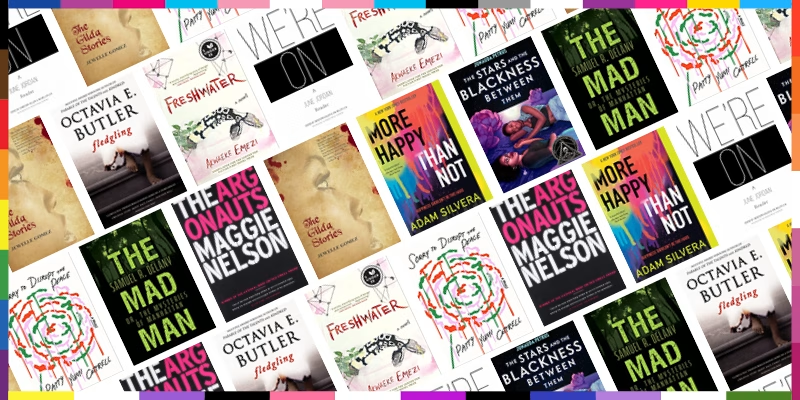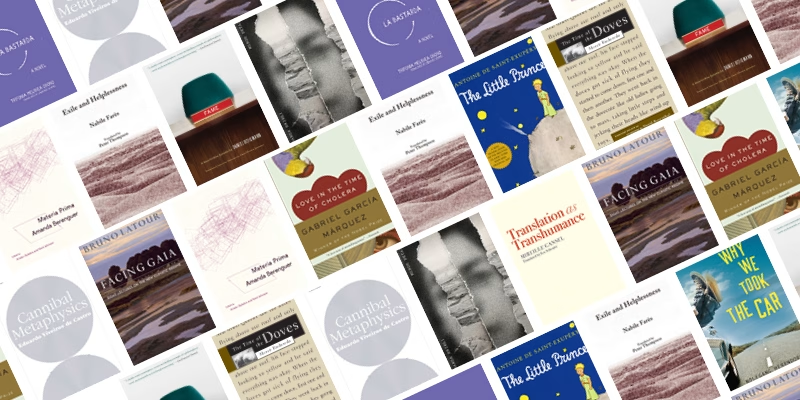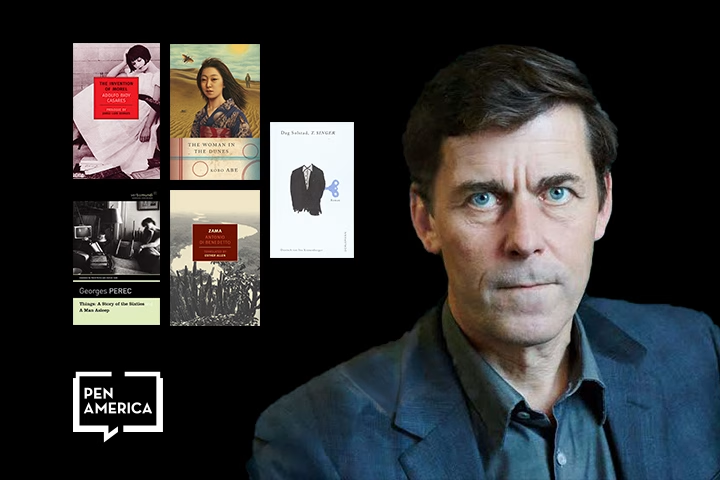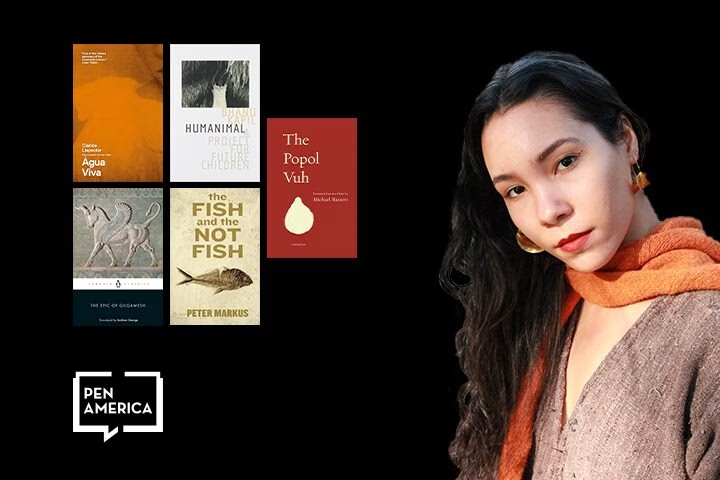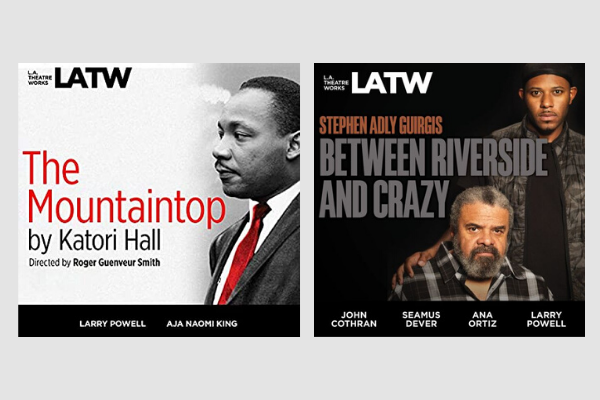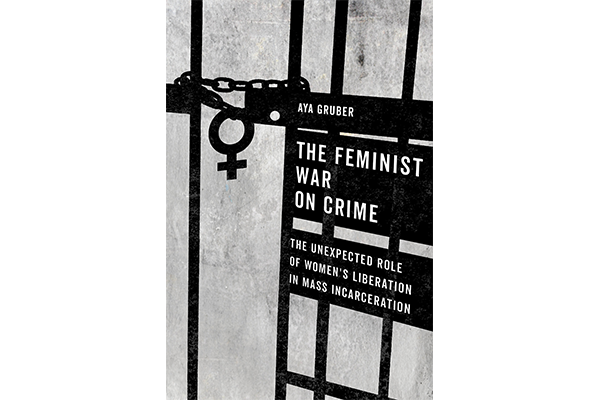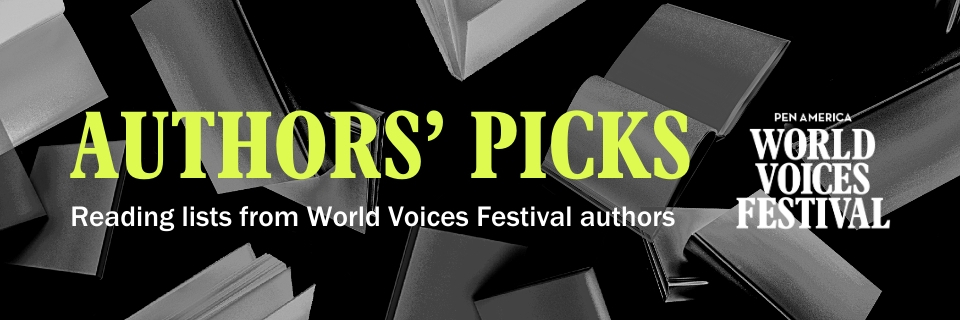
I’ve chosen five books that make it easier for me to navigate culture and history in times, if I may make such a comparison, of limited visibility. These books are quite varied, but they share two qualities that by no means must go hand-in-hand, though they do here—each is simultaneously wise and dazzling, a very rare combination. There are many wise books that are sluggish and boring, and many that are also dazzling, while at the same time, empty and trivial. But here, whether in the aphorisms of Rouchefoucauld, the essays of Sontag, the short stories of O’Connor or the two great treatises that open this list, we can draw comfort from the author’s wisdom and also enjoy the sparkling elegance of their argument.
—Szczepan Twardoch (Translated by Sean Gasper Bye)
The Birth of Tragedy, Friedrich Nietzsche (Penguin Classic, 1994)
Translated by Shaun Whiteside
Bookshop | Amazon
I have been coming back to Nietzsche’s treatise for 25 years, and with each reading, I find in its pages something new for the new, older me.

The Myth of the Eternal Return, Mircea Eliade (Princeton University Press, 2018)
Translated by Willard R. Trask
Bookshop | Amazon
Eliade’s pagan energy places our catastrophe in historical context—apocalyptic visions of “the end of days” suddenly become comprehensible and simple.
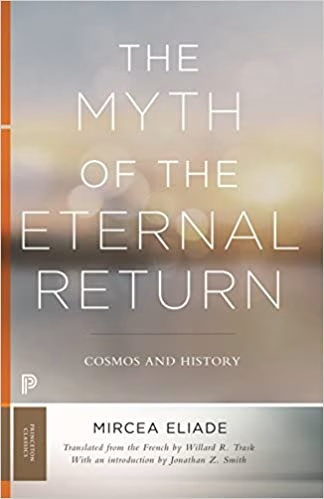
Maxims, Francois Duc de la Rochefoucauld (Pinnacle Press, 2017)
Bookshop | Amazon
I return to the Duc’s aphorisms more than to any other book, because I also think no one has diagnosed human nature so clearly and purely as he did.
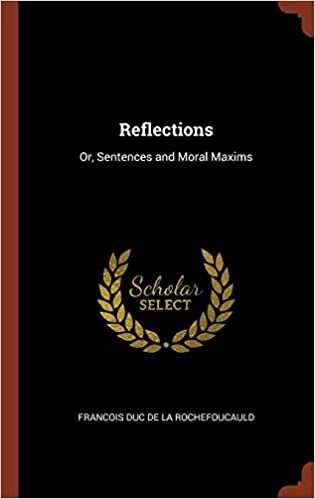
Illness as Metaphor, Susan Sontag (Picador USA, 2001)
Bookshop | Amazon
Reading Sontag’s essay in times when our bodies’ biological nature cuts so painfully across our lives and society probably requires no justification.
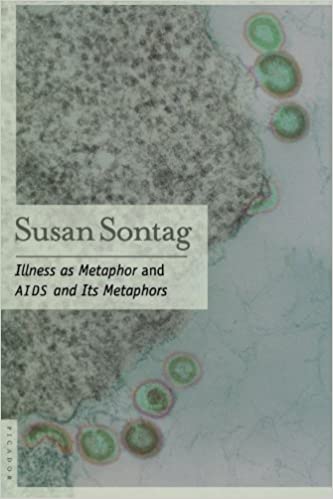
A Good Man is Hard to Find, Flannery O’Connor (Mariner Books, 2019)
Bookshop | Amazon
I wondered whether this slot should go to Life and Fate by Vasily Grossman—one of the greatest novels I know. But since the key to this list is to be wise and dazzling in combination, I decided instead on O’Connor’s short stories, which—while not exceeding Grossman in their wisdom—sparkle with a completely different energy.
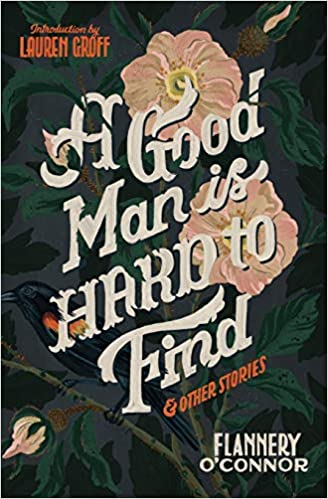
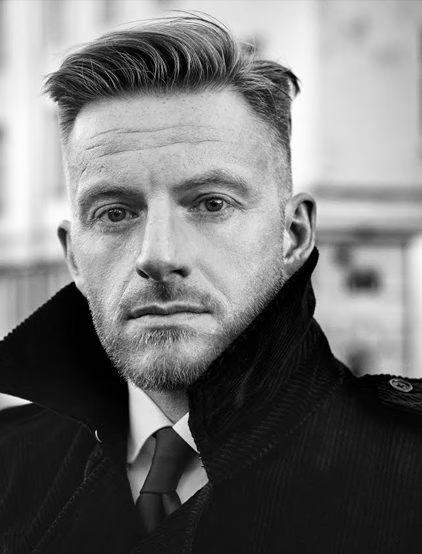
Szczepan Twardoch is the author of the bestselling novels Morphine, Drach, and The King of Warsaw. He is the recipient of numerous honors for his work, including the Brücke Berlin Preis, Le Prix du Livre Europeen, and Nike Literary Award: Audience Award. Rights to his novels have been sold in over a dozen countries. The King of Warsaw is the first of his books to be translated into English. A TV series based on the novel is being produced by Canal+. He lives in Pilchowice, Upper Silesia.


